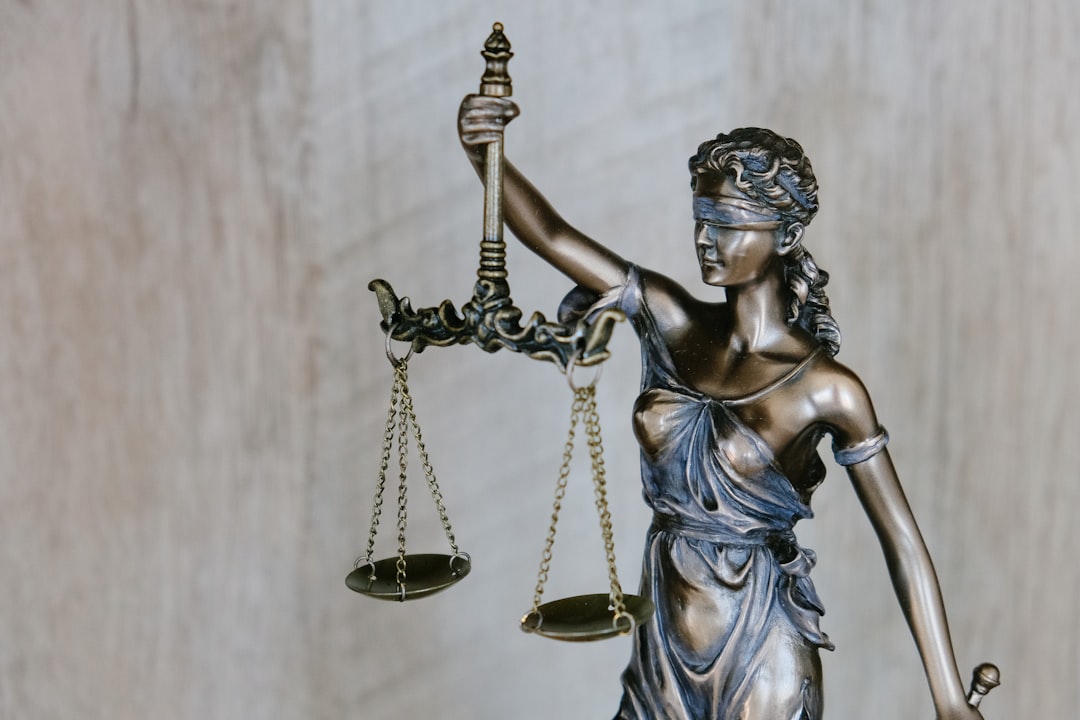In Kansas, where school abuse is prevalent, Peer Support Programs (PSPs) offer a promising solution for survivor rehabilitation. These programs, advocated by school abuse attorneys, utilize trained peer mentors to provide emotional support and understanding, aiding individuals in healing, improving mental health, academic performance, and social integration. PSPs have proven successful worldwide, but challenges like volunteer training, sustainability, and funding require attention. School abuse attorneys emphasize the need for thorough background checks, ongoing education, community partnerships, and diversified funding to maintain effective peer support initiatives, ultimately helping survivors reintegrate into their communities.
In Kansas, reintegrating survivors of school abuse into their communities demands innovative approaches. This article explores the transformative power of peer support programs in addressing this critical issue. We delve into the unique needs of Kansas survivors, offering insights on designing effective peer support systems tailored to their experiences. From navigating challenges to collaborating with schools and legal professionals, this comprehensive guide highlights best practices for implementing sustainable peer support initiatives that empower survivors to heal and thrive.
Understanding the Need for Peer Support Programs in Kansas

In Kansas, the impact of school abuse and trauma on survivors is a growing concern, prompting the need for innovative support systems. Peer Support Programs (PSPs) offer a unique opportunity to empower and rehabilitate individuals who have experienced such challenges. These programs recognize that peers can play a pivotal role in the healing process, providing emotional support, understanding, and a sense of belonging to those who have endured school abuse.
By implementing PSPs, Kansas can foster an environment where survivors feel valued and supported during their reintegrative journey. This approach has proven effective worldwide, with many success stories highlighting improved mental health, increased academic performance, and enhanced social integration among participants. With the help of trained peer mentors—often individuals who have successfully navigated similar experiences—survivors can navigate the complexities of daily life, build resilience, and regain a sense of control, all while advocating for their rights as they seek justice through school abuse attorneys in Kansas.
Designing Effective Peer Support Systems for Survivors of School Abuse

Implementing peer support programs is a transformative strategy for survivors of school abuse seeking reintegration and healing. Effective peer support systems in this context are designed to foster a sense of community, provide emotional validation, and offer practical assistance tailored to the unique challenges faced by these individuals. School abuse attorneys in Kansas play a crucial role in advocating for such programs, ensuring that survivors have access to much-needed support during their journey towards recovery and rebuilding their lives.
These peer support networks can be structured around small group sessions led by trained facilitators who themselves may have experienced similar traumas. Within these safe spaces, survivors can share their stories, engage in therapeutic activities, and learn coping mechanisms from peers who understand their struggles. Additionally, peer mentors can offer practical guidance on navigating academic and social environments, helping survivors re-engage with education and rebuild relationships, which are essential components of reintegrating into society after experiencing school abuse.
Overcoming Challenges: Implementing and Sustaining Peer Support Programs

Implementing peer support programs for survivors reintegrating into communities, such as schools in Kansas, is a powerful step towards healing and empowerment. However, this process comes with unique challenges. One significant hurdle is ensuring adequate training and support for peer supporters themselves, often volunteers who may also have their own traumatic experiences. School abuse attorneys in Kansas emphasize the importance of thorough background checks and ongoing education to maintain a safe and effective program.
Additionally, sustainability is crucial. Peer support initiatives face risks from funding cuts or staff turnover, which can disrupt services. Building strong community partnerships and diversifying funding sources are strategies to overcome these challenges. Engaging local organizations, government agencies, and businesses through advocacy and awareness campaigns helps to ensure the long-term viability of peer support programs, fostering a supportive environment for survivors’ successful reintegration into their communities.
Collaborating with Kansas School Districts and Legal Professionals

Implementing peer support programs requires a collaborative effort between various stakeholders, including Kansas school districts and legal professionals. School districts play a pivotal role in identifying and supporting survivors of abuse through specialized training for staff and the integration of peer support groups within educational settings. These initiatives ensure that students feel safe and supported while navigating their academic journey post-trauma.
Legal professionals, such as school abuse attorneys in Kansas, are essential partners in this process. They can provide guidance on legal rights, advocate for survivors, and collaborate with schools to establish protocols that promote a healing environment. By working together, these entities create a comprehensive support system tailored to the unique needs of each survivor, fostering their successful reintegration into academic and social communities.





